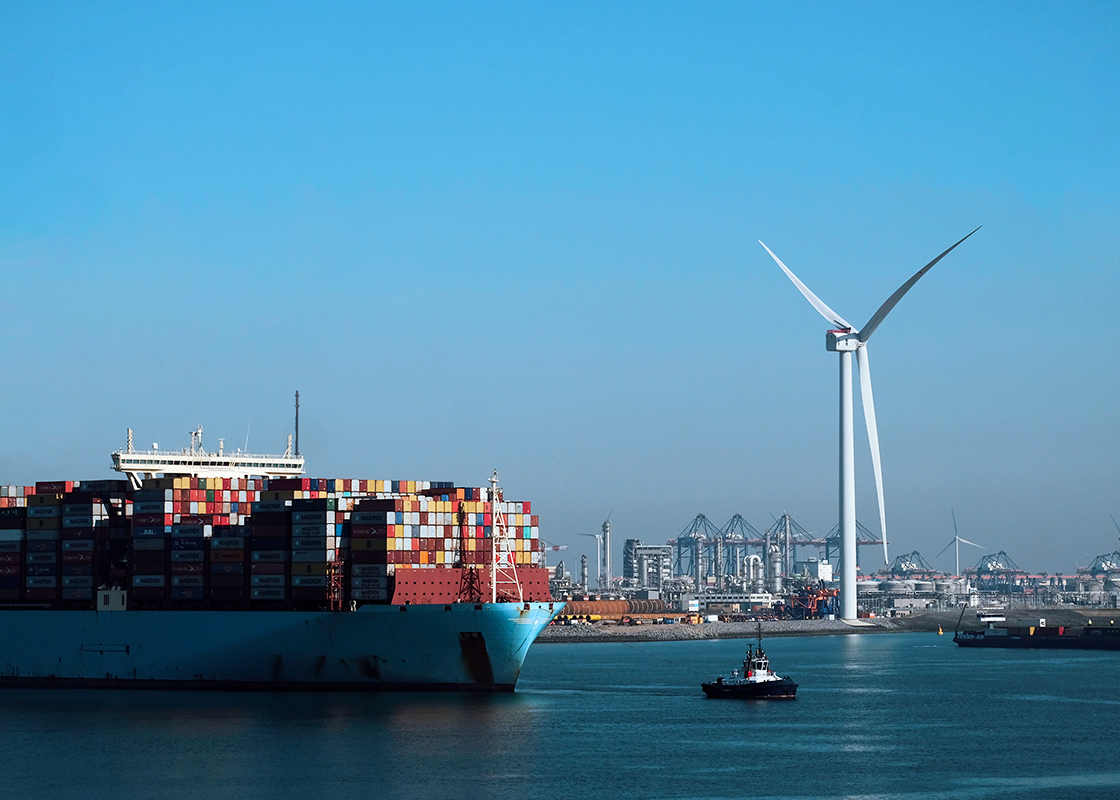What is CCWG verification?
CCWG verification is a process by which an independent third party verifies that a company’s GHG (Green House Gases) emissions data meets the CCWG’s standards. Verification helps to ensure that companies are accurately reporting their emissions and that they are making progress towards their GHG reduction goals.



